¿Qué ocurre cuando en una institución educativa se detectan anomalías en los títulos de sus docentes? ¿Qué ocurre cuando ésta cirunstancia es detectada como una anomalía de amplio alcance en un sistema educativo? En Nigeria, se han detectado algunos problemas en los certificaos de docentes e distintas instituciones e, incluso, problemas en las certificaciones que se extienden a la falsificación y forjado de documentos. El texto que a continuación reproducimos nos relata los hallazgos de una auditoría realizada en Nigeria, y la reacción de los docentes afectados o no, quienes a través de la organización que los representa, manifiestan sentirse humillados y estigmatizados.
The Nigeria Union of Teachers, NUT, in Cross Rivers State and the State Universal Basic Education Board, SUBEB, are at daggers drawn over the latter’s conduct of personnel audit of teachers in the state.
The bickering reached a climax penultimate week when hundreds of NUT members marched through the major streets of Calabar with placards calling for a halt to the exercise citing alleged humiliation and seizure of their certificates by the SUBEB.
Some of the placards read: «NUT rejects the seizure of original certificates of teachers» and «NUT will never defend fake certificates nor ghost workers», among others.
The state NUT Chairman, Mr. Eyo-Nsa Itam had stated during the protest that it was wrong for SUBEB to confiscate the certificates of teachers on the claim that they were not genuine.
NUT decries alleged disgrace meted to members
Itam, who presented their grievances to the Speaker of the state House of Assembly, Mr. John Lebo, decried the alleged humiliation of teachers by the SUBEB screening team in virtually all the local government areas visited and called for the immediate sack of the board and return of the confiscated certificates.
He said: «We are here at the state Assembly because we know that the laws emanate from the House. We also know that every political appointee is screened by the House. We want to find out if the SUBEB chairman was asked to seize the original certificates of teachers.
«If we have teachers with fake certificates, they are on their own, we will not support them. Our grievance is with the humiliation where so many teachers were not screened for flimsy excuses while certificates were seized. NUT as a body has rejected the so-called screening. For there to be screening, all the stakeholders must be carried along.»
Dead teacher allegedly draws salary
But the SUBEB chairman, Dr Stephen Odey, while defending the screening exercise said it was to correct obvious anomalies in the system.
He said there had been allegations of ghost teachers and dead persons still drawing salaries, citing the case of a teacher, who died in 2014 but collected salary up till January 2016.
He said: «They never gave me any opportunity neither did they hear from me, I was shocked to see and read in the media allegations from the NUT of how I collected, seized and confiscated certificates.»
«I can confidently tell you that no teacher or any non-teaching staff has been sacked or indicted, I believe I should put the records straight so that Nigerians will know; those allegations are malicious and baseless I could not have stooped so low to pour water on my fellow colleagues (teachers). It is ridiculous that a man of my calibre could be accused for such, I will resign if anyone can come out to prove it,» he said.
He further told Niger Delta Voice that his report would shock Cross River people when it is made public. «The personnel audit is not to witch-hunt any teacher or identify ghost teachers but to also redeploy teachers who have been wrongly placed. There was a teacher who was employed as a nanny after obtaining her NCE she is still in the same position but we did the right thing, I instantly upgraded the teacher.»
Odey however explained that if any teacher’s certificate is suspected to be fake or forged it was his responsibility and that of the board to do something about it stressing that some of their, NUT, branch leaders were with them during the exercise in the Northern Senatorial district.
House of Assembly intervenes, backs screening exercise
Meanwhile, the State House of Assembly has waded into the matter and directed that the screening exercise be put on hold pending the conclusion of investigations into the rift between the NUT and SUBEB.
The House of Assembly made its position known when the SUBEB chairman, Dr Stephen Odey appeared before a special committee set up by the Speaker, Hon John Lebo after the NUT took their protest to the House of Assembly over the «way and manner » the screening exercise was being conducted.
The Special committee Chairman, Hon Friday Okpeche lauded the effort of SUBEB in trying to rid the system of ghost teachers and other forms of irregularities within the primary school system.
«There is no way the Cross River State House of Assembly will allow this kind of rot in the system to continue, we will give you the needed support to succeed in your mandate,» Okpeche stated.
According to him, SUBEB is a creation of the law of the House of Assembly and as such there was no way they would not give their own the needed support.
While calling on the SUBEB boss to carry out his duty diligently within the provisions of the law, the chairman of the special committee however disclosed that the screening exercise has been put on hold pending the conclusion of investigations into the «rift» between the two bodies.
More revelations
The SUBEB boss, Dr. Odey made further startling revelations before the committee that over 200 teachers had been identified as using forged certificate in the system with only nine local government out of the 18 covered in the exercise while some institutions were yet to reply the letters written by SUBEB.
«We have written to several institutions including Colleges of Education in Akampka and Obudu. For instance, in the Ministry of Education, we forwarded 82 names for the verification of their certificates, 60 of such teachers forged their certificates,» Odey disclosed.
Fuente de la noticia:http://www.vanguardngr.com/2016/03/nut-subeb-daggers-drawn-audit-teachers-cross-river/
Fuente de la imagen:http://d19lga30codh7.cloudfront.net/wp-content/uploads/2016/03/CHAIRMAN-NUT-CROSS-RIVER-STATE-AND-OTHER-MEMBERS-AT-THE-HOUSE-OF-ASSEMBLY.jpg
Socializado por: Editores África
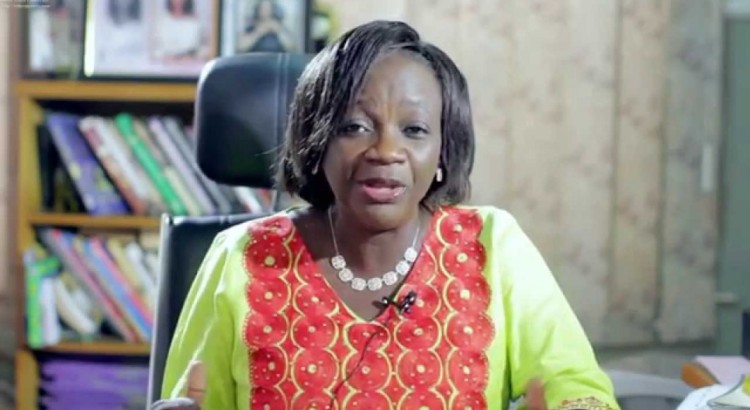


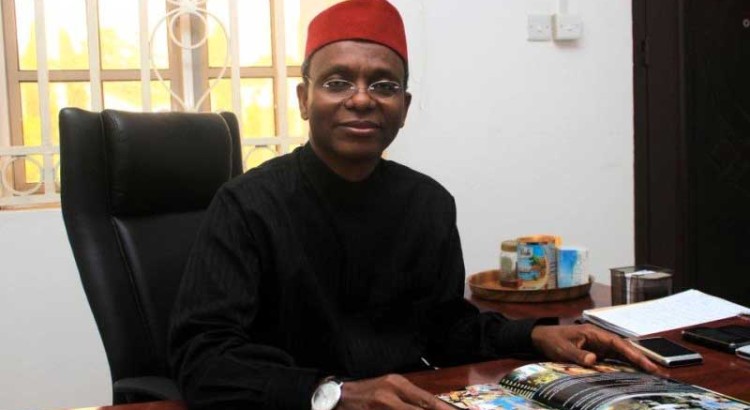
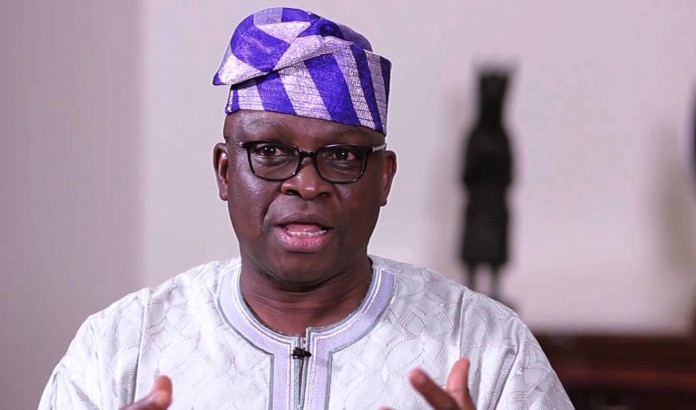
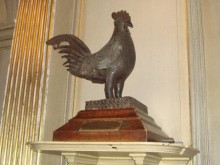

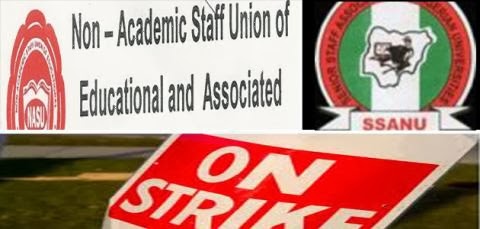





 Users Today : 10
Users Today : 10 Total Users : 35460633
Total Users : 35460633 Views Today : 17
Views Today : 17 Total views : 3419667
Total views : 3419667